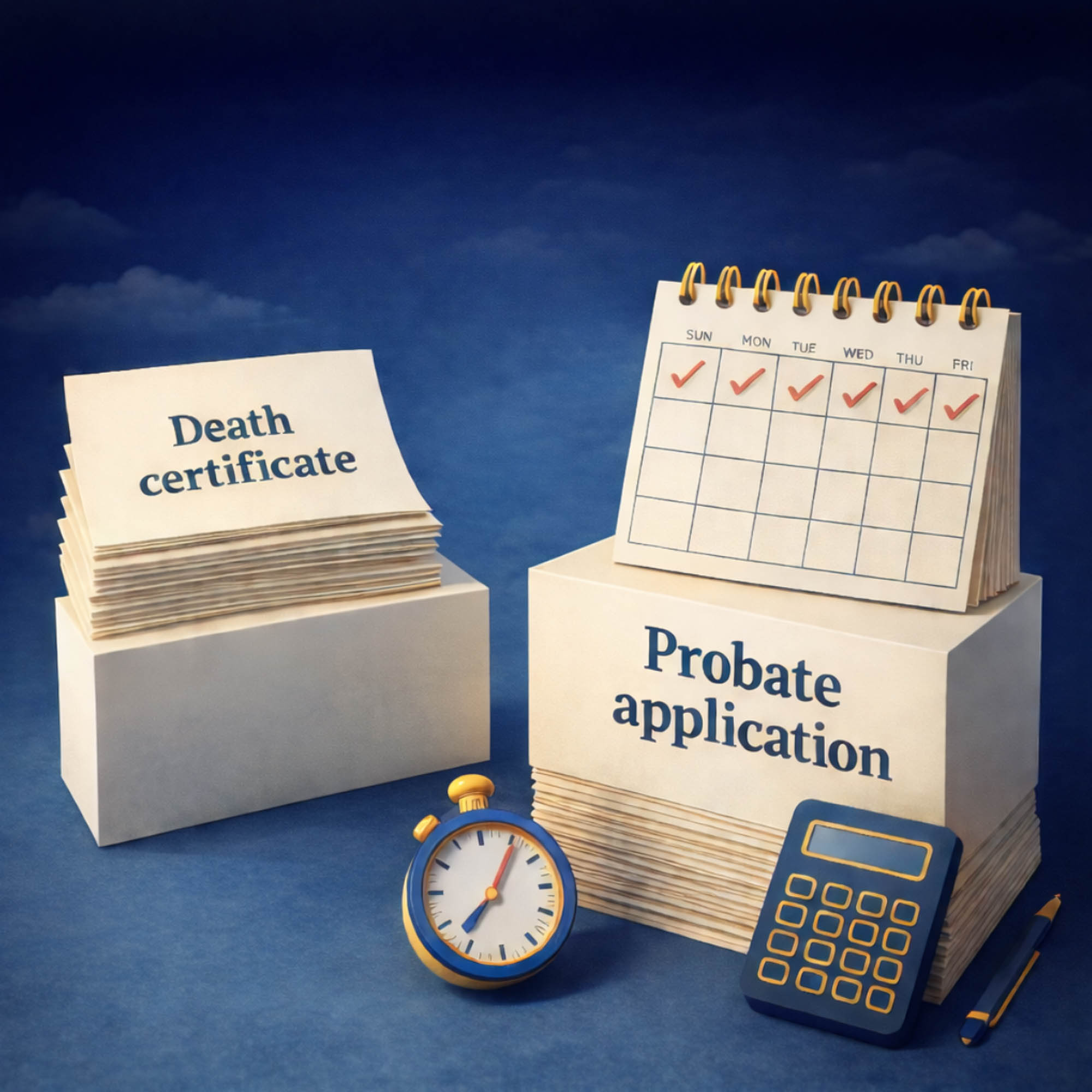A Will is one of the most important documents you will ever create. It ensures that your wishes are carried out after your passing and protects your loved ones from unnecessary stress and complications. However, writing a Will isn’t a "set-it-and-forget-it" task. Life changes, and so should your Will. Here’s why keeping your will up to date is essential.
Life Changes Can Make an Outdated Will Problematic
Life is full of changes, both planned and unexpected. Major life events can render your current Will obsolete or even create legal challenges for your heirs. Here are a few common scenarios that could necessitate an update:
- Marriage & Civil Partnership: Marriage invalidates a Will unless the Will was made in contemplation of marriage/ civil partnership. Failing to update your Will after getting married could result in your estate either being distributed under the terms of a previous Will or where there is no previous Will, the estate will be distributed under the rules of intestacy. As such, this may not reflect your wishes.
- Divorce: Divorcing, having your marriage annulled or declared void after the date of your Will, in most cases any appointment of your former husband/wife/civil partner as executor or trustee will be automatically cancelled and any gift made in the Will to them will likely fail.
- Births and Deaths: The arrival of a new child or grandchild, or the loss of a loved one named in your Will is a significant reason to review and update your estate plan.
- Change of Assets: Acquiring or selling major assets like a house, business, or investment portfolio can impact the distribution of your estate.
Ensuring Clarity and Avoiding Family Disputes
An outdated Will can lead to confusion, misunderstandings, and even family disputes. For instance, your Will might leave assets to someone you have since grown apart from or exclude a new family member you deeply care about. Updating your Will ensures your intentions are clear and minimises the risk of disputes among your loved ones.
Adapting to Changes in Laws
Estate and inheritance laws are not static. They can change over time, and those changes might affect the distribution of your assets or the taxes owed by your estate. A periodic review of your Will with a legal professional ensures it remains compliant with current laws and takes advantage of any new benefits or provisions.
How Often Should You Update Your Will?
While there is no universal rule, here are some guidelines to help:
- After Major Life Events: Events such as marriage, divorce, births, or deaths warrant immediate updates to your Will.
- Every 3 Years: Even if no major events have occurred, reviewing your Will every three years ensures it remains relevant and aligned with current laws and your wishes.White Deer Legal offers a free review of your current Will to help ensure it reflects your intentions.




